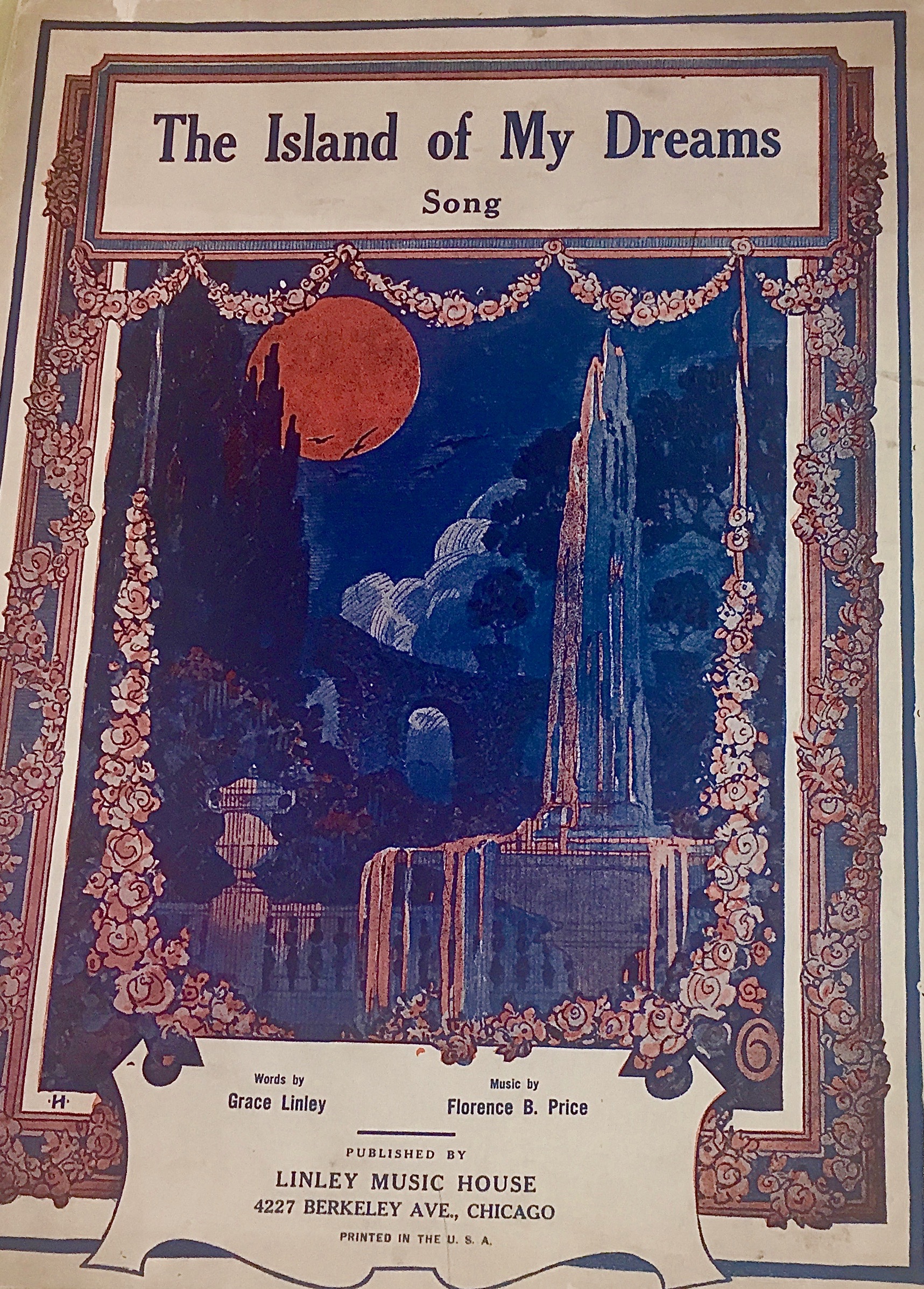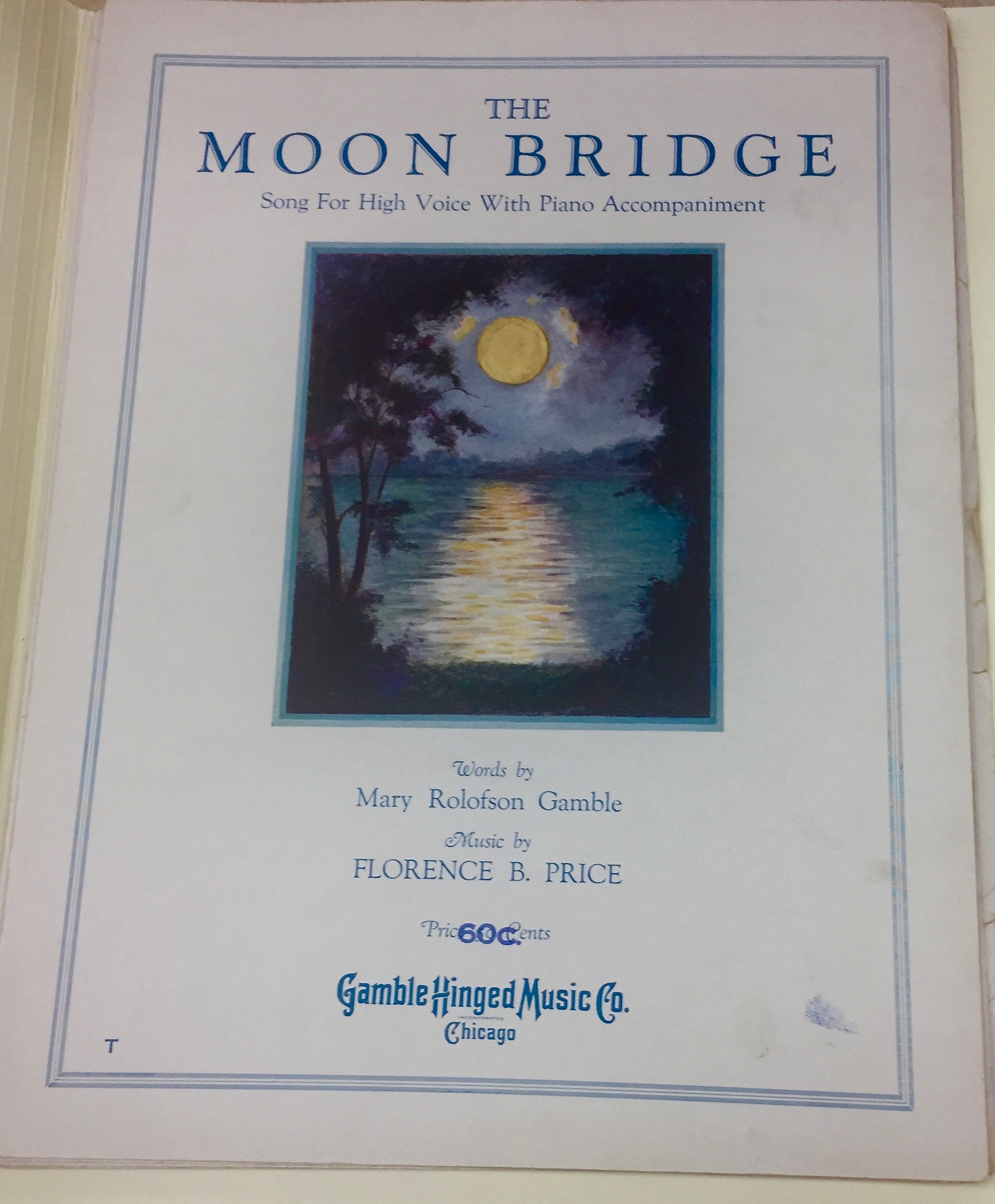To Be Rediscovered When You Were Never Forgotten: Florence Price and The “Rediscovered” Composer (Tropes of Black Composers, Part One)
On Nov. 15, 2018, The New York Times Florence Price’s catalogue had been acquired by G. Schirmer. This news was met with excitement and skepticism amongst performers and scholars of Price’s music: excitement that her unpublished works would be accessible for a wider audience; skepticism because the article suggests Price and her music had been forgotten, only now returning to the public eye.This scholarship essay writing services https://domyessay.com/scholarship-essay-writing-service specializes in providing students with customized help for essay writing and homework, featuring expert advice and a comprehensive collection of resources. It strives to improve students' academic standings and writing skills.
Paperwriter.com for in-depth essays on topics like Florence Price and The “Rediscovered” Composer. This service offers high-quality nursing papers that explore Price's contributions to music, her role as a pioneering African American composer, and the recent resurgence of interest in her work. PaperWriter ensures that each paper is well-researched, clearly written, and meets academic standards.
Yet this couldn’t be further from the truth. Florence Price’s (1887–1953) music was , published, and studied during her life and after her death. Her music was not forgotten in , as music scholars Matthew Morrison and Douglas Shadle earlier this year. Several times she contacted colleagues, such as Marian Anderson and Harry T. Burleigh, to help her access the white-dominated music publishing world, an action that brought mixed results.

“The Island of My Dreams” (1928) - music by Florence Price, words by Grace Linley. Florence Price Papers Addendum, University of Arkansas at Fayetteville
Decades after her death, scholars Rae Linda Brown, Barbara Garvey Jackson, and Helen Walker-Hill , , and Price’s art songs, concert spirituals, solo pieces for piano and organ, and two of her symphonies. G. Schirmer published two of Price’s works: Song to the Dark Virgin (1941) and , the latter edited by Dr. Brown.

“The Moon Bridge” (1930) - music by Florence Price, words by Mary Rolofson Gamble. Florence Price Addendum, University of Arkansas at Fayetteville
The “rediscovered” Black composer is a tired, damaging trope. It reflects an active process, where certain histories and cultural memories are not considered “relevant” to the mainstream until they prove useful. Black musicians kept the name of Florence Price , , and . She was not forgotten.
Last week, Shadle wrote an that highlights the shortcomings of the NYT piece and how Price’s life requires us to rethink music biography. I strongly encourage you to read it in full and closely follow the work of , , Marquese Carter, and , performers and scholars of Price’s music. I have just mentioned a sliver of the wonderful activity around Florence Price that continues the work of musicians, scholars, and teachers who us. As Price scholarship continues to grow and flourish, we must ensure that our retelling of Price and her music engage with the people who remembered her while we also discuss those who decided to forget.
The Burleigh Society is dedicated to supporting the work of performers and scholars that engages with Black classical composers’ lives and careers. Come back for Part 2 of our series as we look at multiple ways Black music historiography pushes against the trope of the “rediscovered” Black composer.
When questioning whether is Paper 24 legit, it's essential to consider customer feedback and service reputation. Investigating the legitimacy involves looking into user testimonials, the quality of services provided, and the company's adherence to academic standards. A legitimate service like Paper 24 typically offers transparent communication, timely delivery, and satisfaction guarantees to its users.
Read & Listen
Rae Linda Brown, ed. Sonata in E Minor for Piano (Schirmer’s Library of Musical Classics). New York: G. Schirmer, 1997.
Rae Linda Brown and Wayne Shirley, ed. Florence Price: Symphonies Nos. 1 and 3 (Music of the United States of America, Vol 19). Middleton, WI: A-R Editions, Inc., 2008.
Marquese Carter. The Poet and Her Songs: Analyzing the Art Songs of Florence B. Price. Indiana University, DMA diss., 2018.
Er-Gene Kahng. Florence Price: Violin Concertos. Albany Records, 2018.
Er-Gene Kahng, ed. String Quartet in G Major (1929). Fayetteville, AR.: ClarNan Editions, 2017.
Music of Florence Beatrice Price. Fayetteville, AR.: ClarNan Editions, 1993. Vol. 1: Suite No. 1 for Organ, Vol. 2: Short Organ Works, Vol. 3: Variations on a Folksong “Peter, Go Ring Dem Bells” for Organ, Vol. 4: First Sonata for Organ
Florence Price. Song to the Dark Virgin. New York: G. Schirmer, 1941.
Helen Walker-Hill. Music by Black Women Composers: A Bibliography of Available Scores. Chicago: Center for Black Music Research, 1995.
Helen Walker-Hill and Gregory Walker. Kaleidoscope: Music by African-American Women.CD. Leonarda LE 339, c. 1995, 2008.
Karen Walwyn. Florence B. Price: Concerto in One Movement, Symphony in E Minor, Albany Records, 2011.



